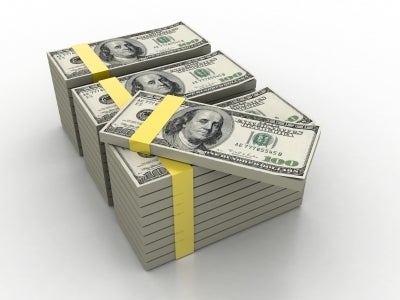The Worcester City Council narrowly voted after a heated debate Tuesday to hold the business tax rate virtually flat in 2014 while increasing the residential tax rate by 5.2 percent.
The 6-5 vote followed 40 minutes of discussion which pitted the majority’s desire to attract new businesses against fears by dissenters of taxing residents out of their homes.
Under the approved plan, the median tax bill for residents and businesses will jump by nearly identical percentages. The city’s average commercial tax bill will increase 4.11 percent, while the median residential tax bill will increase 4.13 percent.
Businesses will be taxed at $30.83 per $1,000 of assessed value, down slightly from $30.85 in fiscal 2013. Meanwhile, the residential tax rate, $19.54 per $1,000, will rise from $18.58.
“This (approved plan) is going to create jobs for people,” said At-Large Councilor Kathleen Toomey. “This is going to bring back the middle class.”
Opponents countered the higher residential tax rates would bring undue hardship to struggling families and result in more vacant or foreclosed homes.
“I cannot ignore the residents of my district,” District 4 Councilor Sarai Rivera said. “I don’t feel that right now is the right time to put this burden on residents.”
The five councilors who voted against the approved plan suggesting several alternatives that would have go as far as increasing the commercial tax rate by 6.3 percent while raising the residential tax rate by just under 1 percent.
“If you want to make a negative impact on the real estate values in the city, keep marching toward an equal (tax) rate,” said District 3 Councilor George Russell.
Much of the argument centered on which communities Worcester primarily competes against when trying to lure businesses. Opponents of the approved plan pointed to cities such as Boston, Springfield and Lowell that have business tax rates at or higher than Worcester’s, while supporters cited surrounding towns like Shrewsbury and Grafton that tax homeowners and businesses at a single, lower rate.
District 1 Councilor Tony Economou noted that the commercial share of Worcester’s tax base has shrunk from 35 to 28 percent over the past three decades, and said an increased tax burden on businesses will only exacerbate that trend.
“Residents will continue to bear the burden in a worse way if businesses continue to leave the city,” he said.
A top official at the Worcester Regional Chamber of Commerce applauded the council’s vote as a “movement towards fairness and equality.”
“Having an equal percentage increase for taxpayers – both business and residential – finds middle ground and creates a scenario where all taxpayers share an equal burden,” W. Stuart Loosemore, the chamber’s director of government affairs and public policy said in a written statement.
The 2014 residential tax rate is the highest of the 21st century and 61.4 percent higher than 2007, when homeowners had to pay just $12.10 per every $1,000 of assessed value.
The 2014 business tax rate is down 11.1 percent from a high of $34.65 in 2011, and is less than the rate assigned to commercial properties from 2000 to 2003.
(Image Credit: FreeDigitalPhotos.net)
Read more
Worcester Chamber, Neighborhood Group Agree On Tax Rate

